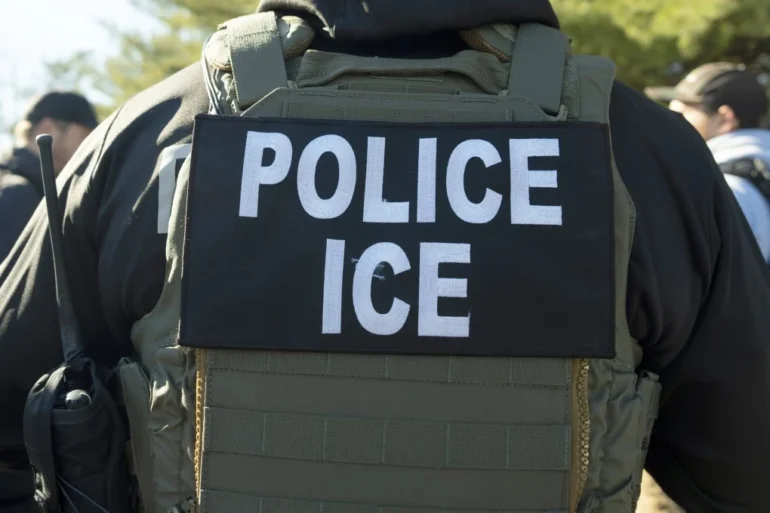The Trump administration has initiated a significant immigration enforcement operation in Massachusetts, targeting undocumented immigrants for arrest and deportation. Named Operation Patriot 2.0, this action follows a similar surge in May that resulted in approximately 1,500 arrests across the state, according to reports from NBC News, the New York Times, and The Crimson. The operation, led by the Department of Homeland Security (DHS) and its U.S. Immigration and Customs Enforcement (ICE) arm, is expected to continue for several weeks.
Details of Operation Patriot 2.0
Operation Patriot 2.0 focuses on apprehending undocumented immigrants, particularly those recently released from local custody despite ICE’s attempts to detain them. A DHS official stated that the operation targets individuals with criminal records, including “sex offenders, pedophiles, murderers, drug dealers, and gang members,” who were released due to local sanctuary policies. These policies, notably in cities like Boston and Cambridge, limit cooperation between local law enforcement and federal immigration authorities.
The operation’s scope extends beyond Boston, with reported ICE activity in Cambridge, including the arrest of Leidy Torres Castano in May. Castano, a 35-year-old from Revere, was detained by ICE shortly after her release from Cambridge police custody following a misdemeanor theft charge. ICE also arrested four employees of a Central Square restaurant in late May, highlighting the operation’s reach.
Tensions with Sanctuary Cities
The Trump administration has intensified its focus on so-called “sanctuary cities” like Boston, where policies restrict local police from assisting ICE with civil immigration enforcement. Boston Mayor Michelle Wu has been a vocal defender of these policies, emphasizing the city’s commitment to community policing and safety. In a letter to U.S. Attorney General Pam Bondi, Wu stated, “The City of Boston is the safest major city in America,” attributing this to decades of collaboration between law enforcement and community leaders.
However, the DHS has criticized these policies, with a spokesperson claiming they “attract and harbor criminals” and prioritize “public safety threats” over law-abiding citizens. Acting ICE Director Todd Lyons vowed to “flood the zone” in sanctuary jurisdictions, signaling an aggressive approach. The Department of Justice has also filed a lawsuit against Wu over Boston’s Trust Act, which prohibits police from working with ICE on civil immigration matters, aiming to compel local cooperation.
Local Response and Community Impact
Reports of ICE vehicles in Harvard Square and near Cambridge’s Central Square have sparked concern among residents and students. On Friday, students observed vehicles marked with ICE lettering and the slogan “Defend the Homeland” in the area, though neither ICE nor Cambridge police confirmed their presence. Wu’s administration is preparing for potential federal actions, including the possibility of National Guard deployment, and is working with community members to address fears and clarify legal rights.
Critics argue that sanctuary policies undermine federal immigration enforcement, while supporters like Wu contend they foster trust and safety in communities. The May operation saw nearly half of the 1,461 arrests classified as “collateral arrests,” involving undocumented immigrants who were not initial targets but were detained during the raids. This broad approach has heightened tensions and raised concerns about the impact on local communities.
Broader Context
Operation Patriot 2.0 is part of the Trump administration’s broader push for mass deportations, with similar actions reported in cities like Chicago and Denver. The DHS has accused over 200 municipalities with sanctuary policies of defying federal law, though a list targeting these cities was later removed. As the administration continues its immigration crackdown, the debate over sanctuary policies and their role in public safety remains a contentious issue.
In a statement to The Crimson, a DHS spokesperson reiterated the administration’s stance: “If you come to our country illegally and break our laws, we will hunt you down, arrest you, deport you, and you will never return.” Meanwhile, Wu and other local leaders are bracing for further federal actions while defending their cities’ policies as both legally sound and essential for community well-being.
